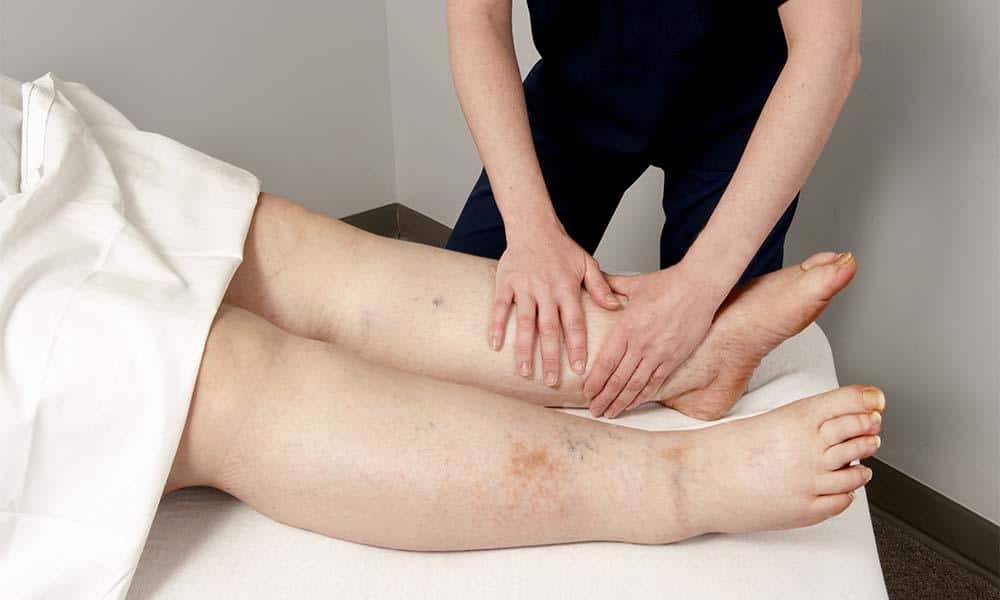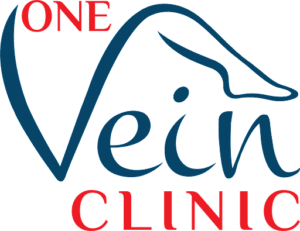Leg Swelling
Vein Treatment located in St. John’s County, St. Augustine, FL

Leg Swelling services offered in St. John's County, St. Augustine, FL
Frequent leg swelling can be a warning sign of circulatory problems or a heart condition. To prevent additional complications, One Vein Clinic offers diagnostic tests on-site to identify what’s causing your leg swelling. Fawzi Farha, MD, customizes a care plan to relieve leg swelling and treat its underlying cause. Dr. Farha can also recommend lifestyle and diet changes to improve your circulatory health. Call the office in Augustine, Florida, to schedule an evaluation for leg swelling or book an appointment online today.
One You.
One Doctor.
One Vein Clinic.
Our team is small, but resourceful. Most importantly, we are like family. From your first call until the end of your recovery, you will sense that sincere and personalized attention throughout the process.
Leg Swelling Q&A
What causes leg swelling?
Leg swelling can result from a buildup of fluids in the tissues of your lower legs. If you retain excess fluids, it may be a warning sign of an underlying health condition like heart failure or chronic kidney disease.
You may also experience leg swelling because of deep vein thrombosis (DVT), a condition that describes a blood clot in the deep veins in your leg.
Lifestyle and diet issues can also contribute to leg swelling. If you sit or stand for long periods of time, are overweight or obese, or if you wear restrictive clothing, you may be at increased risk for swelling and discomfort in your legs.
A high-salt diet can also cause fluids to build up in your legs, ankles, and feet.
When should I seek treatment for leg swelling?
Occasional leg swelling may not require treatment. If you have swelling after physical activity, try elevating your legs for some time.
You should schedule a diagnostic evaluation at One Vein Clinic if you have unexplained and sudden leg swelling or if swelling or pain affects your mobility.
Dr. Farha also recommends scheduling an evaluation if you have symptoms of a blood clot or a heart condition. In addition to leg swelling, these symptoms can include:
- Chest pain
- Dizziness
- Fainting
- Shortness of breath
Dr. Farha offers in-office evaluations to identify the cause of your leg swelling. Based on the results of a physical exam and diagnostic tests, he confirms your diagnosis and can recommend any treatments you need.
How is leg swelling treated?
Your treatment plan for leg swelling may initially involve lifestyle and diet changes to prevent fluid build-up in your legs. In addition to elevating your legs when resting, you should also get at least 30 minutes of daily exercise, so your body can move excess fluids back to your heart more efficiently.
You should also follow a heart-healthy diet and avoid consuming excessive amounts of salty foods. If you’re overweight or obese, Dr. Farha can recommend other dietary changes that help you achieve a healthier body weight.
Compression socks can prevent fluids from building up in your legs, especially if you sit or stand for periods of time at work or when traveling.
Dr. Farha may prescribe medications that help your body eliminate excess fluids. You may also need medications to lower your risk for blood clots if you have certain risk factors.
Call One Vein Clinic to schedule a diagnostic evaluation for leg swelling or book an appointment online today.
